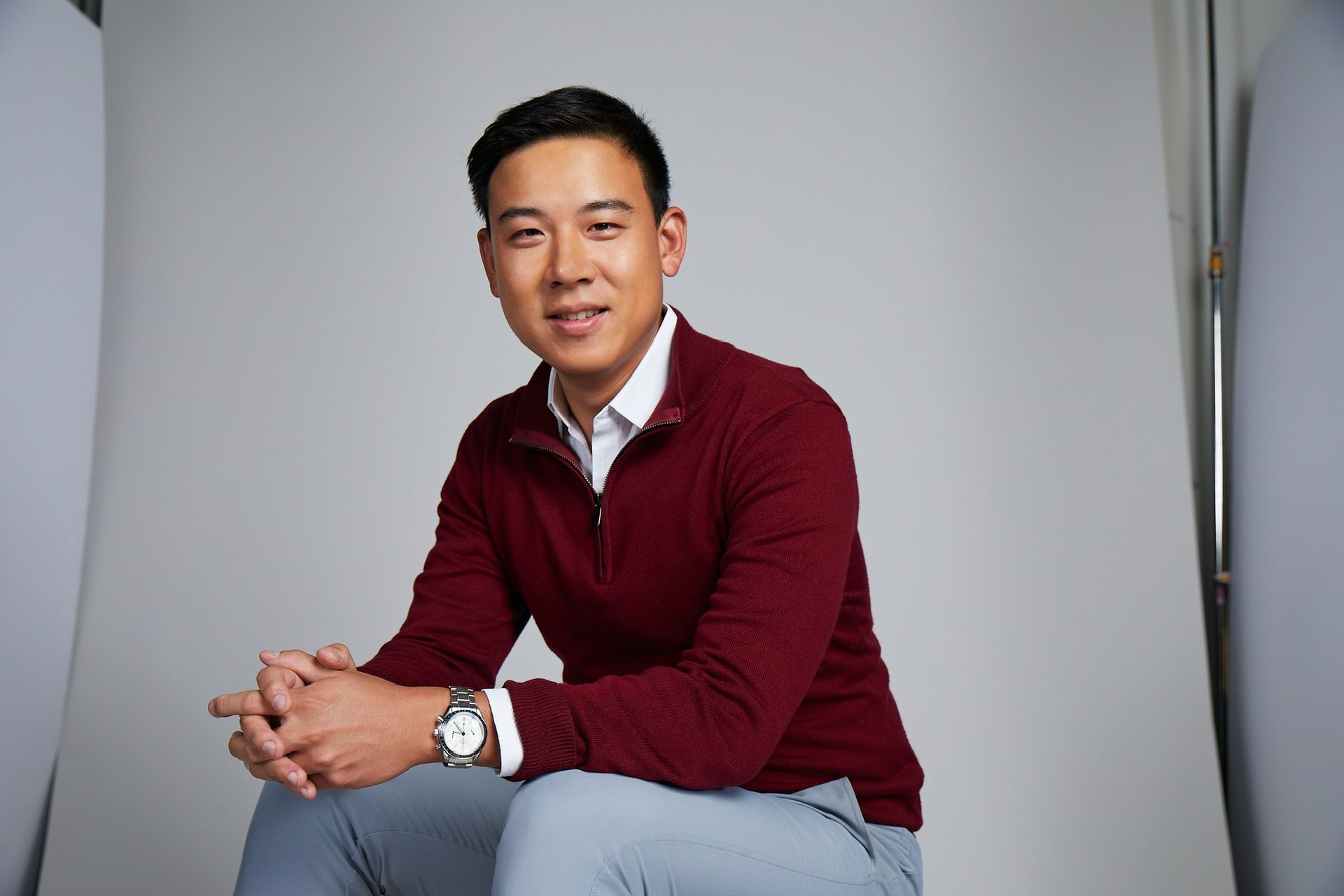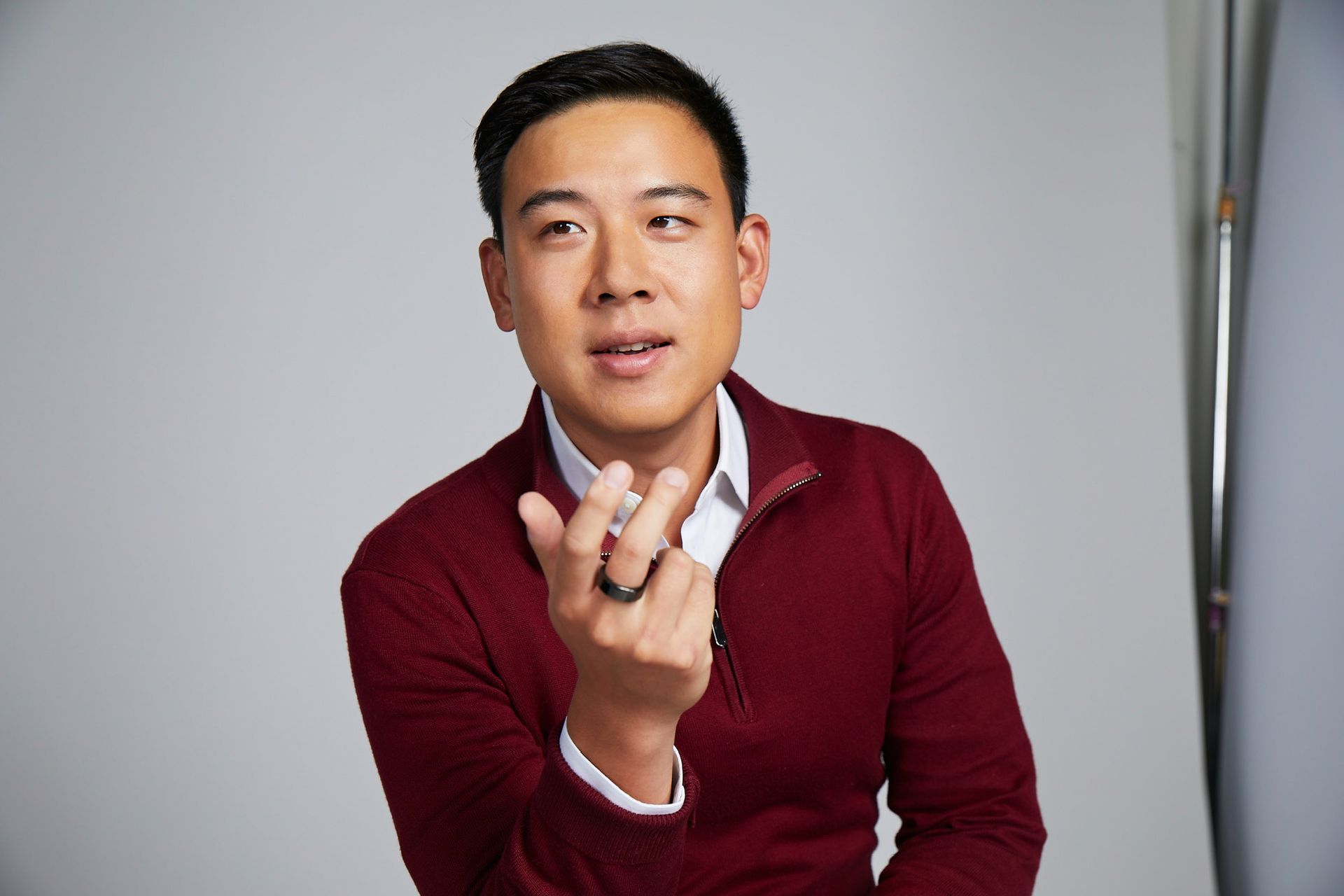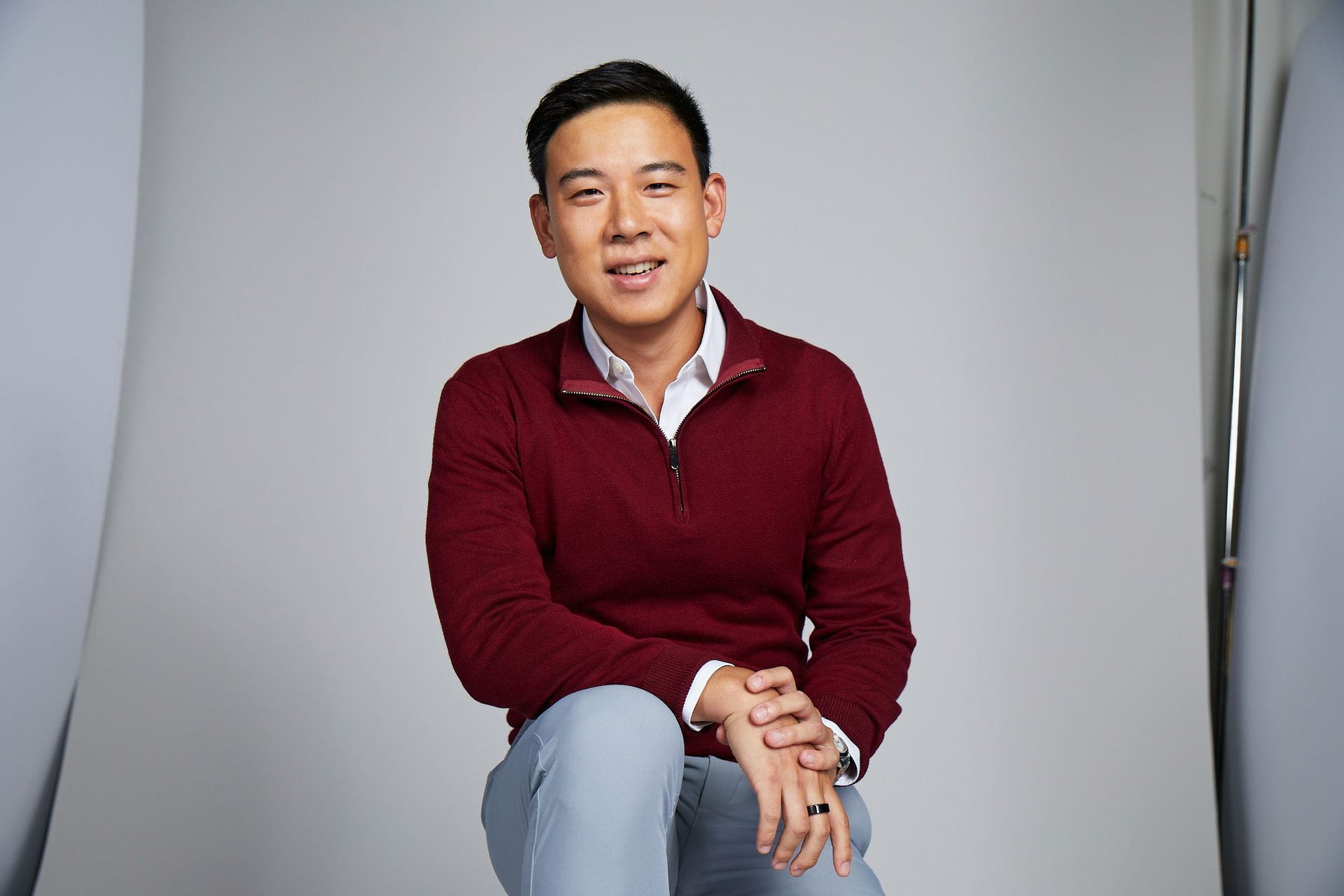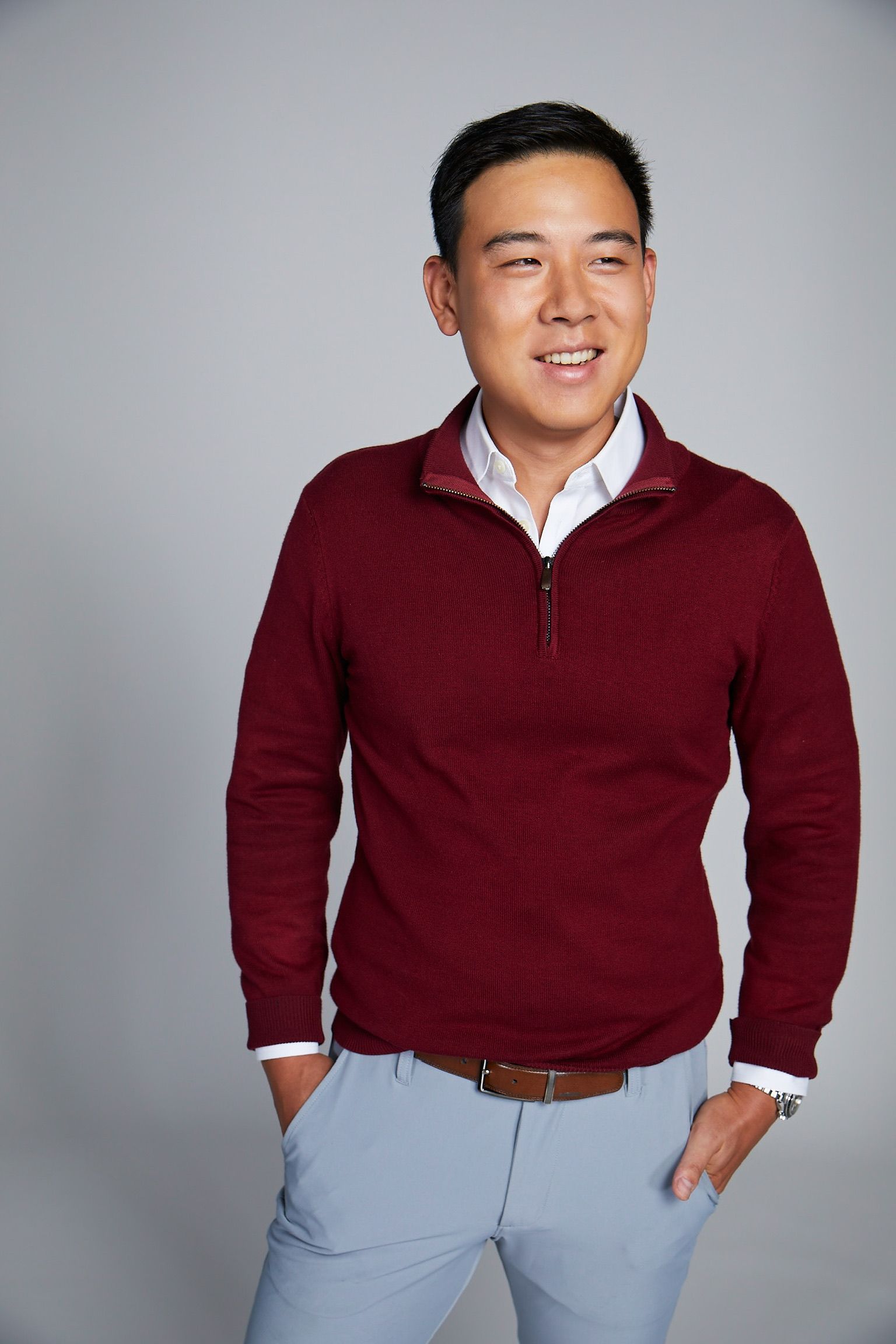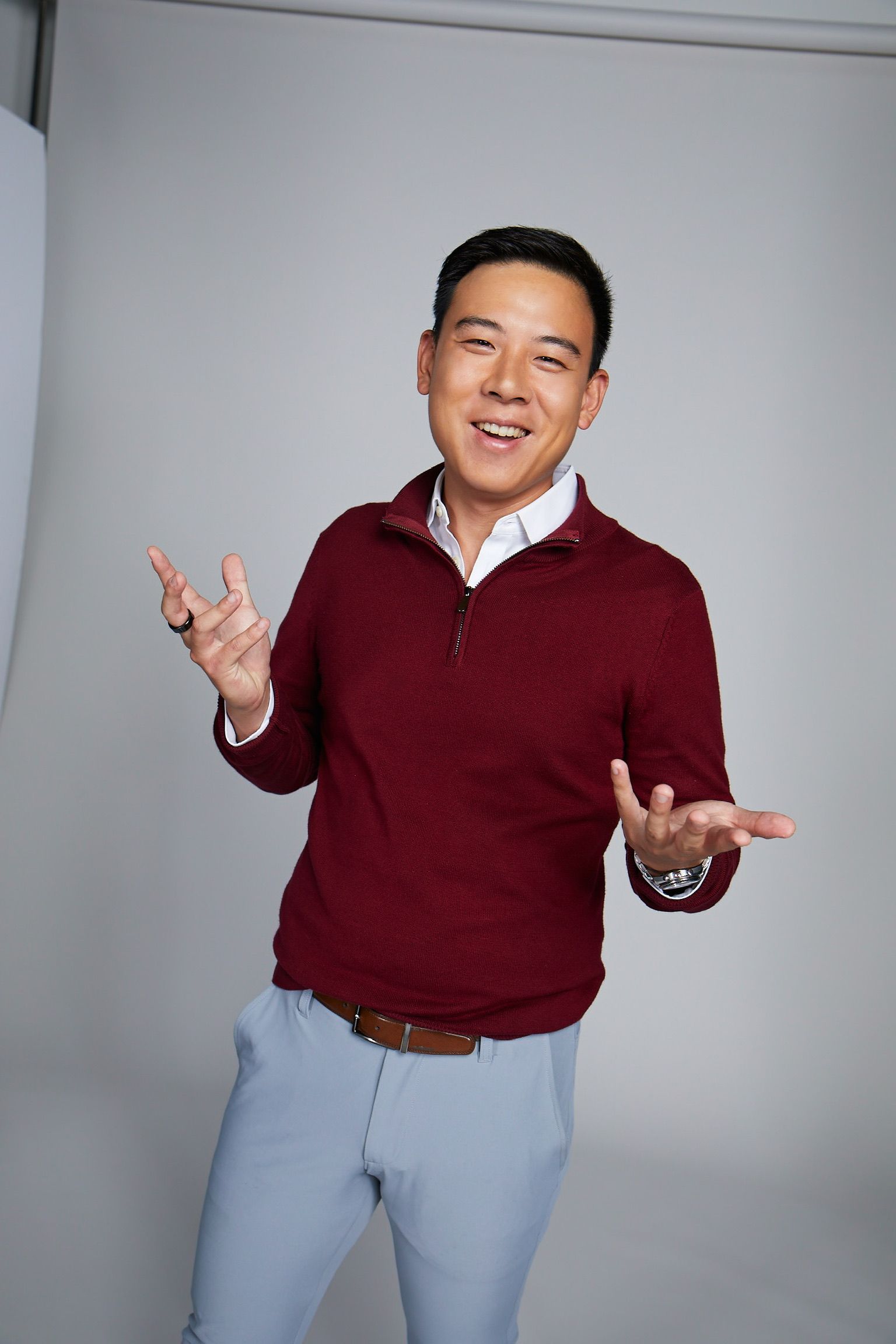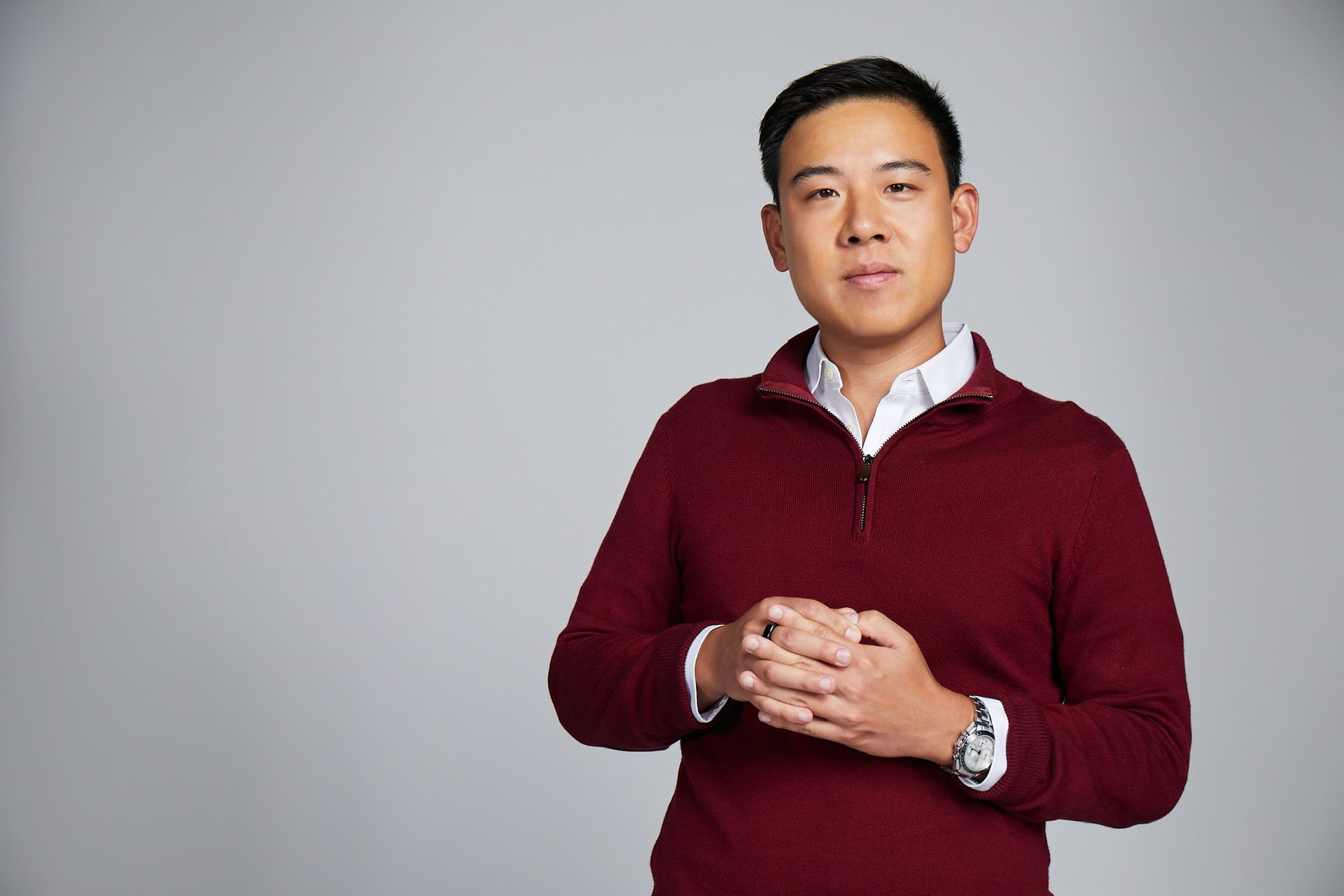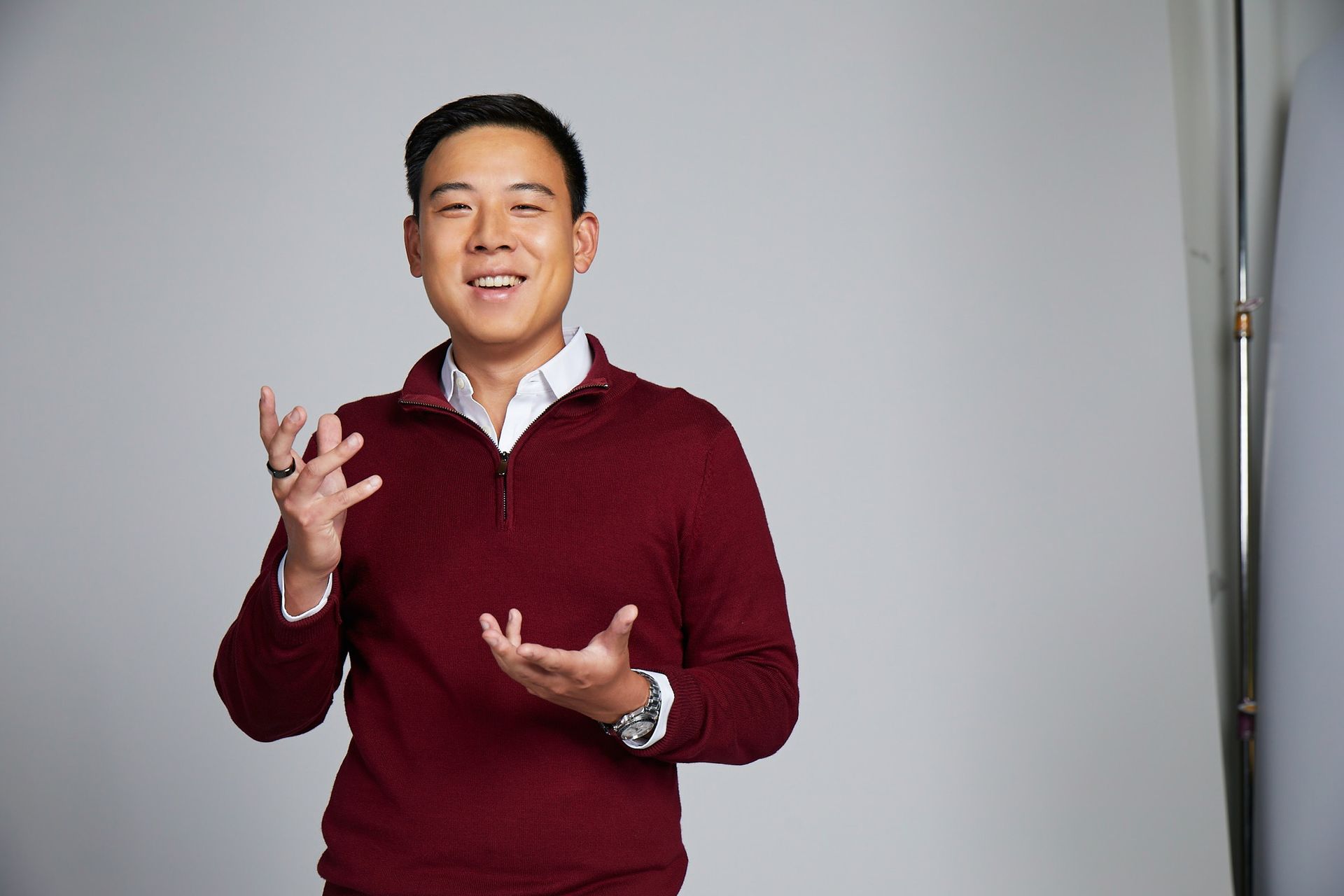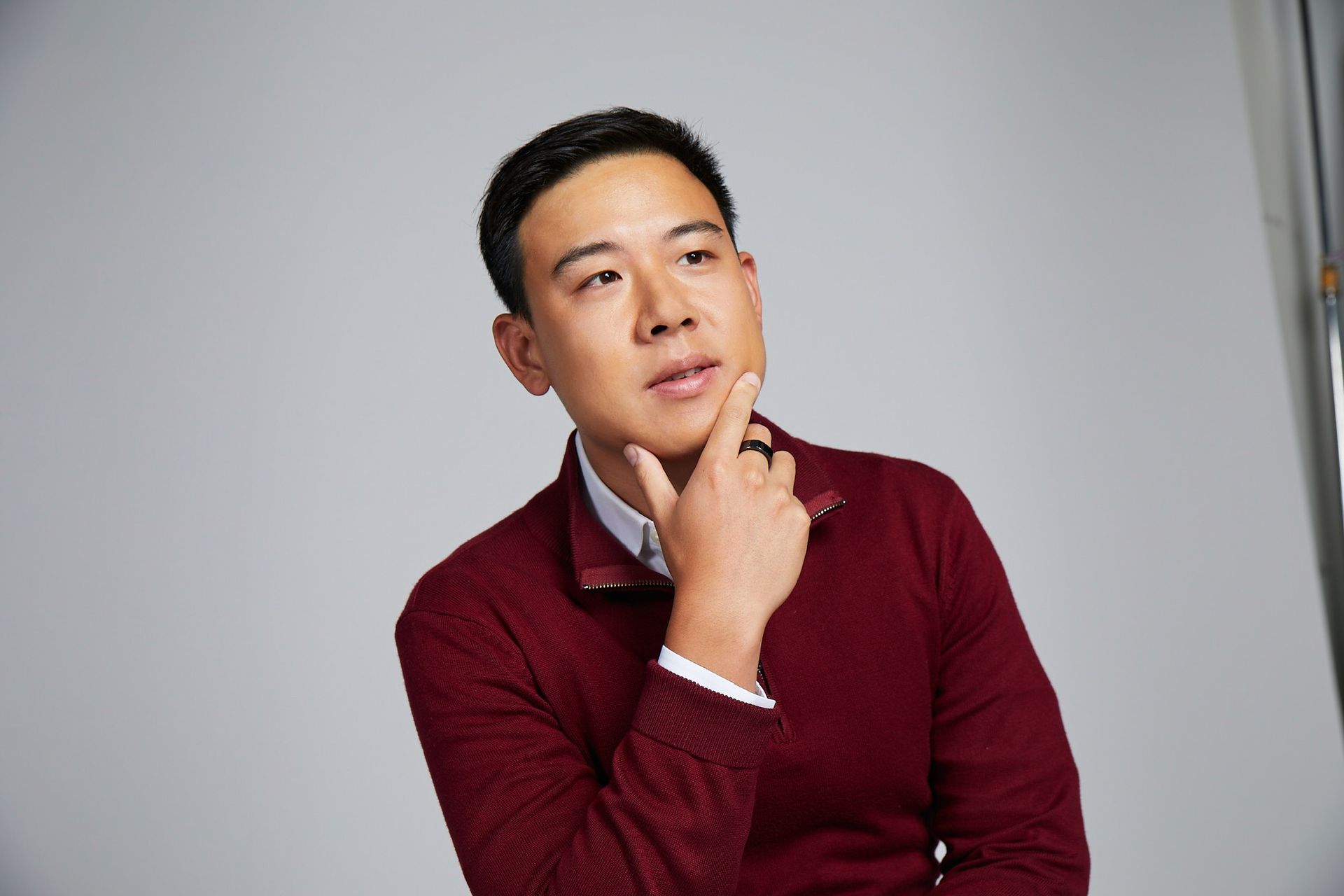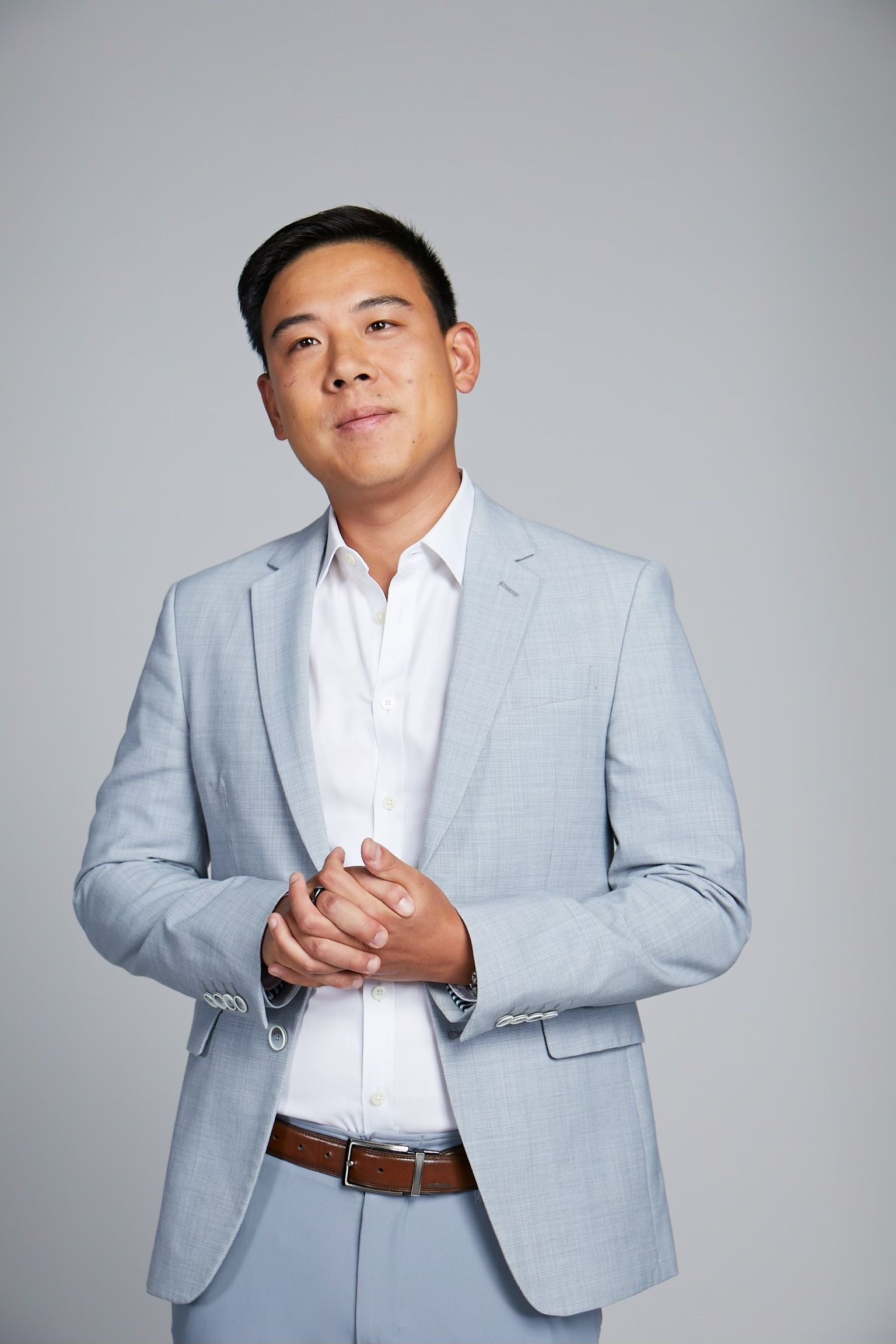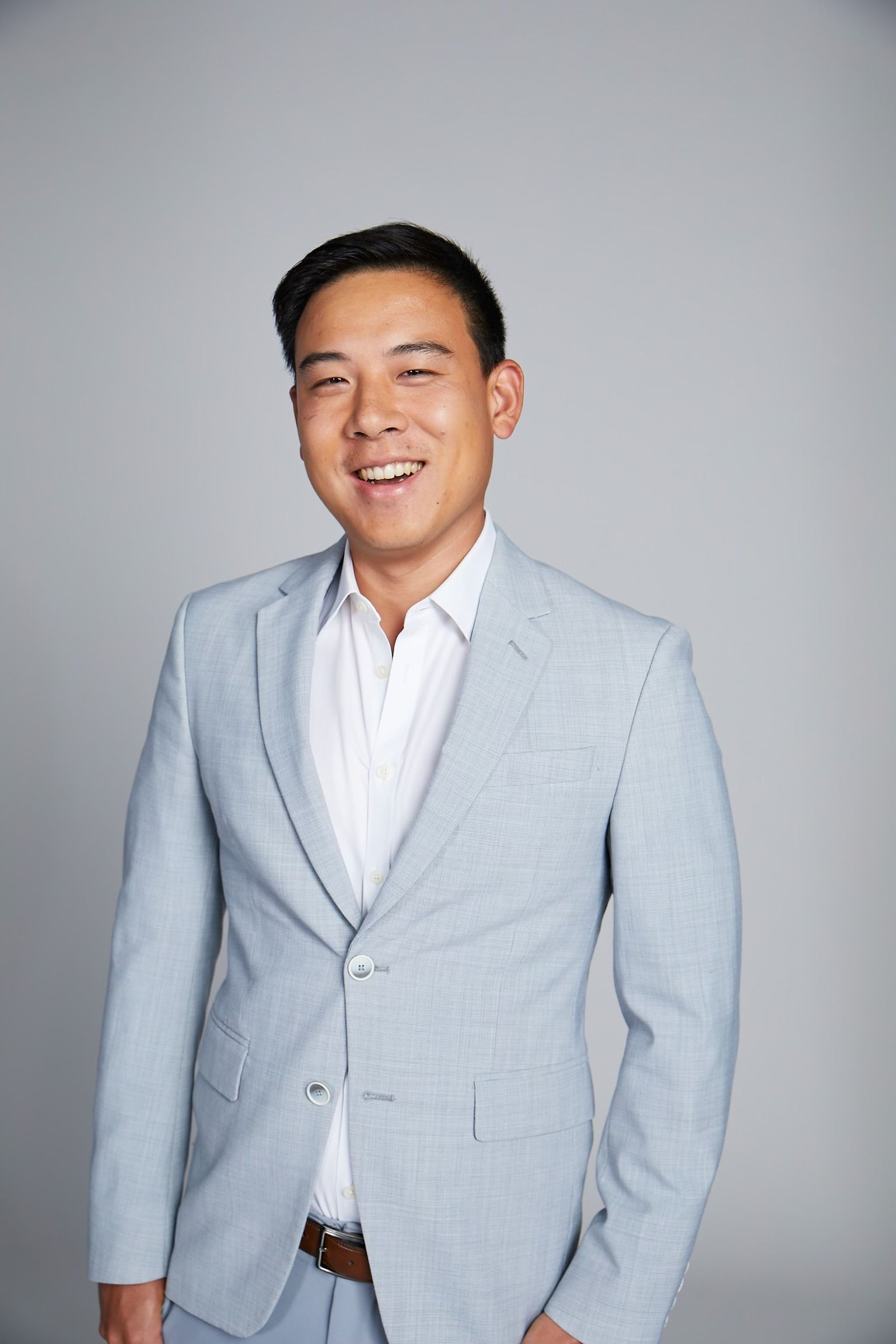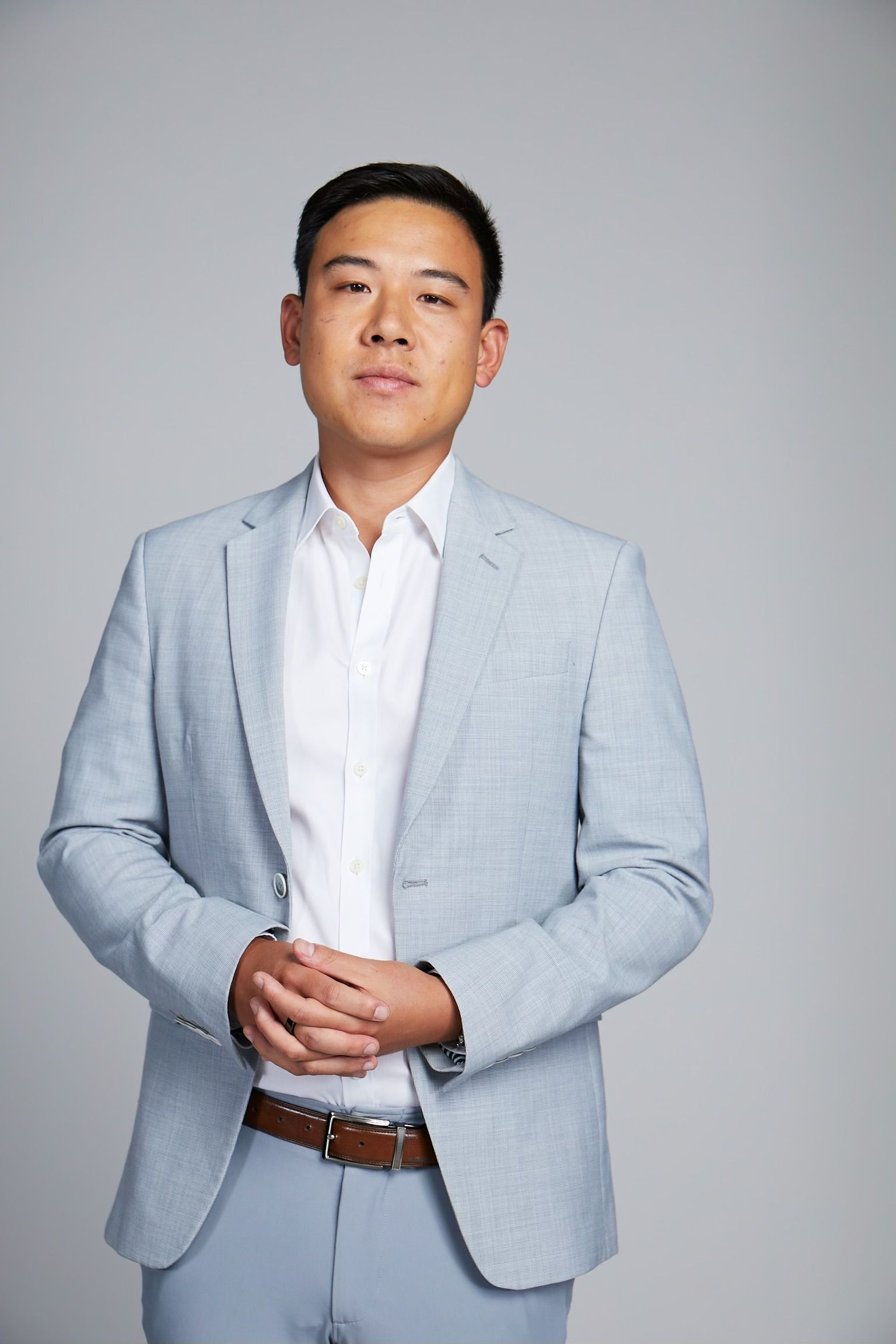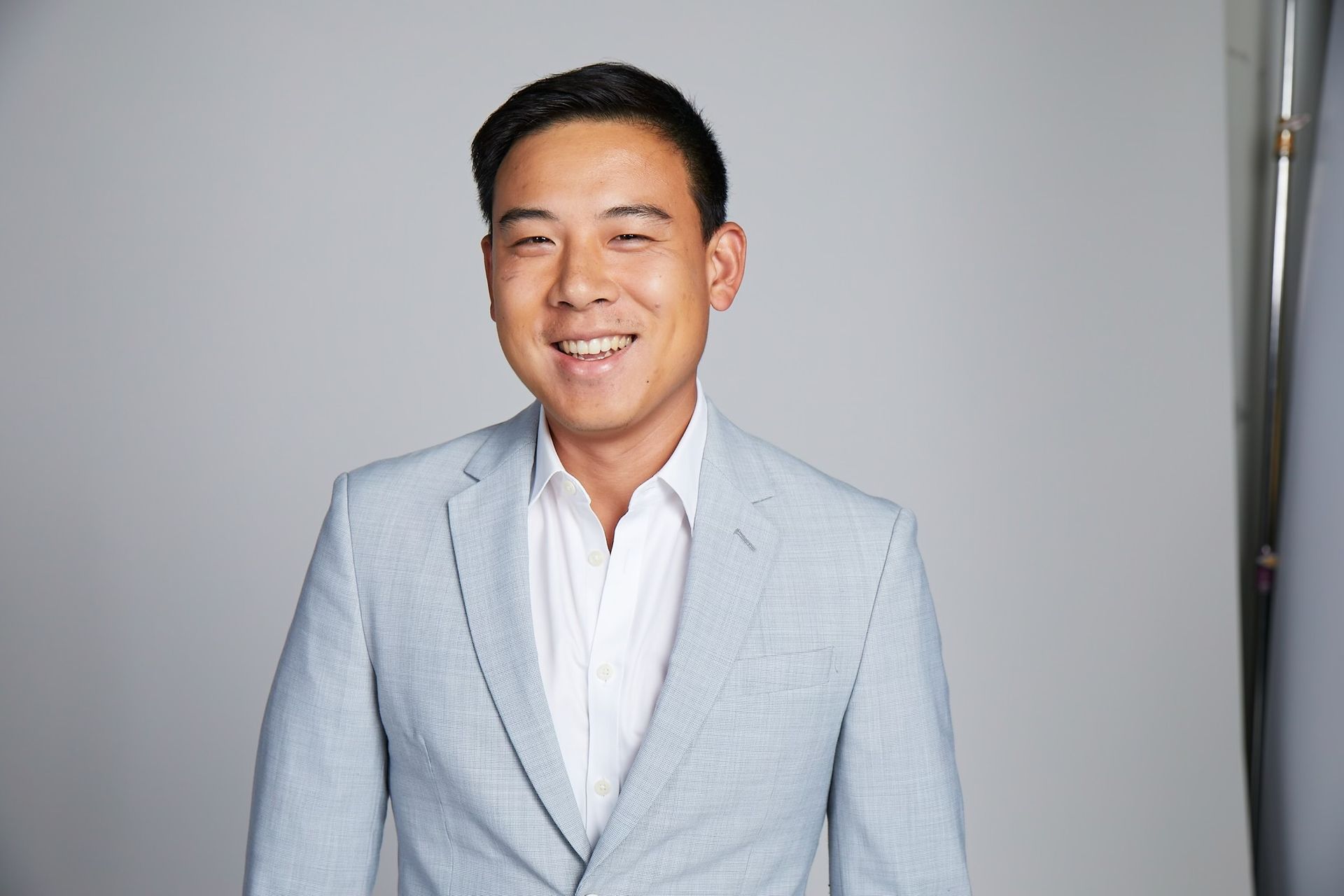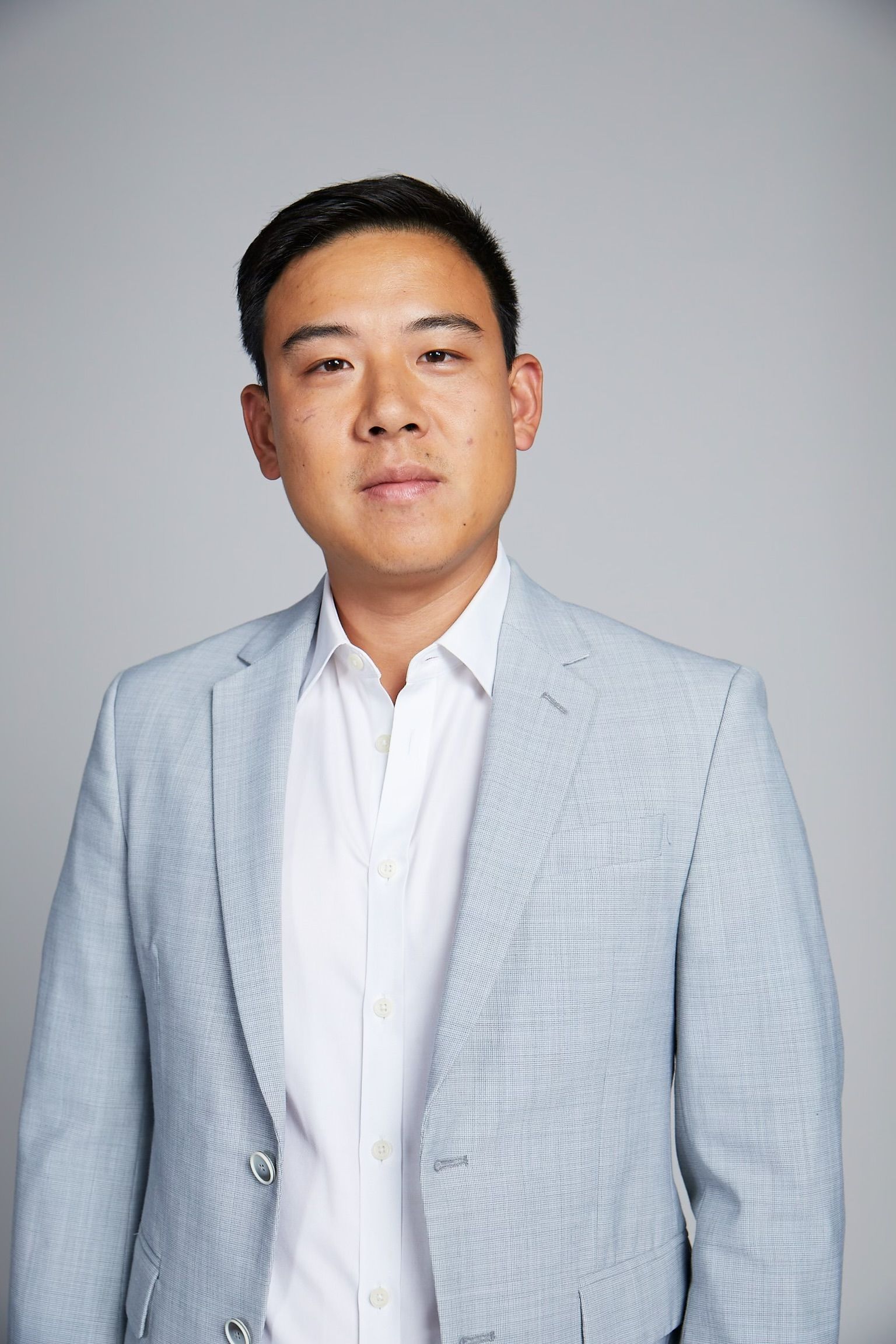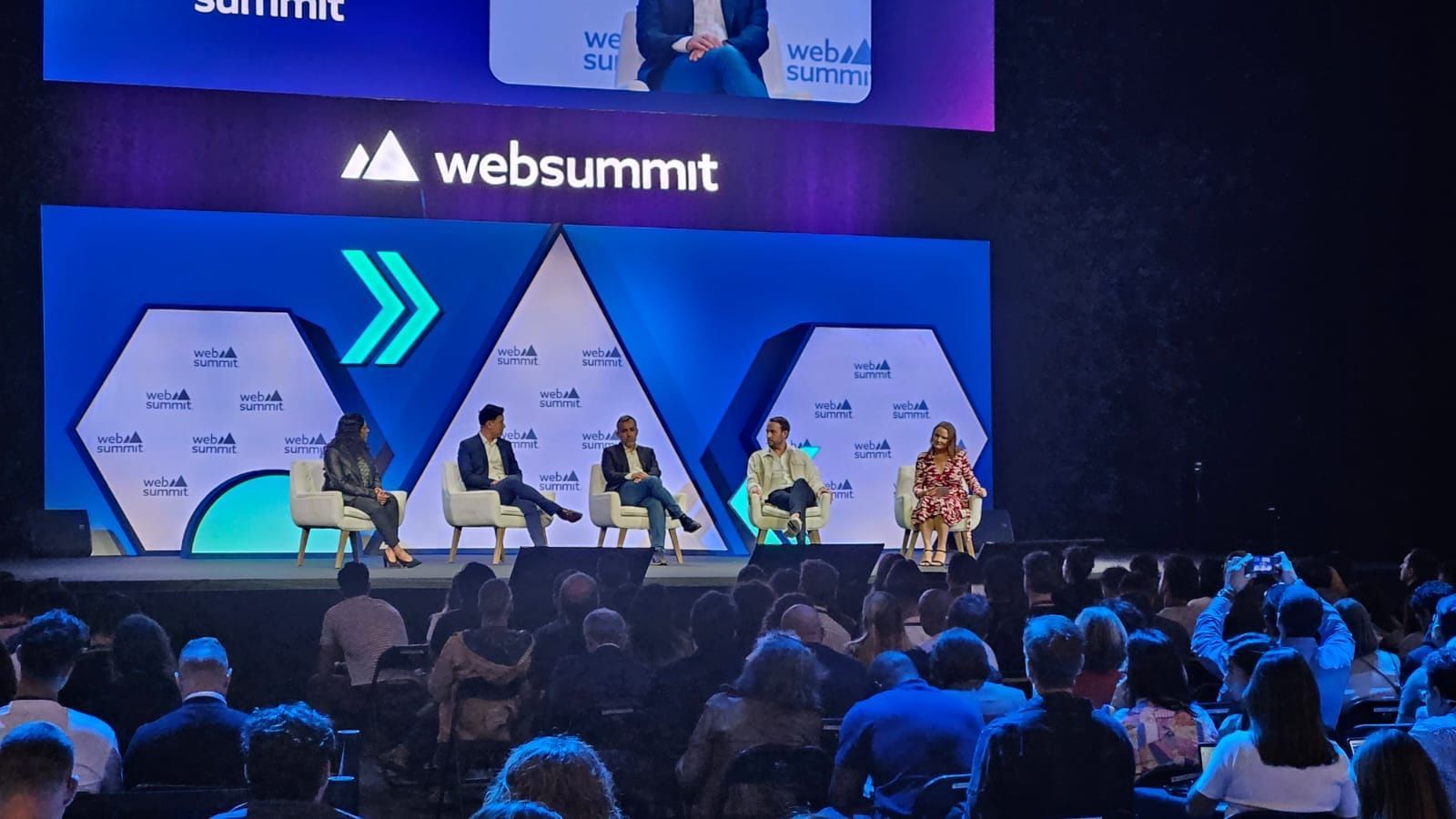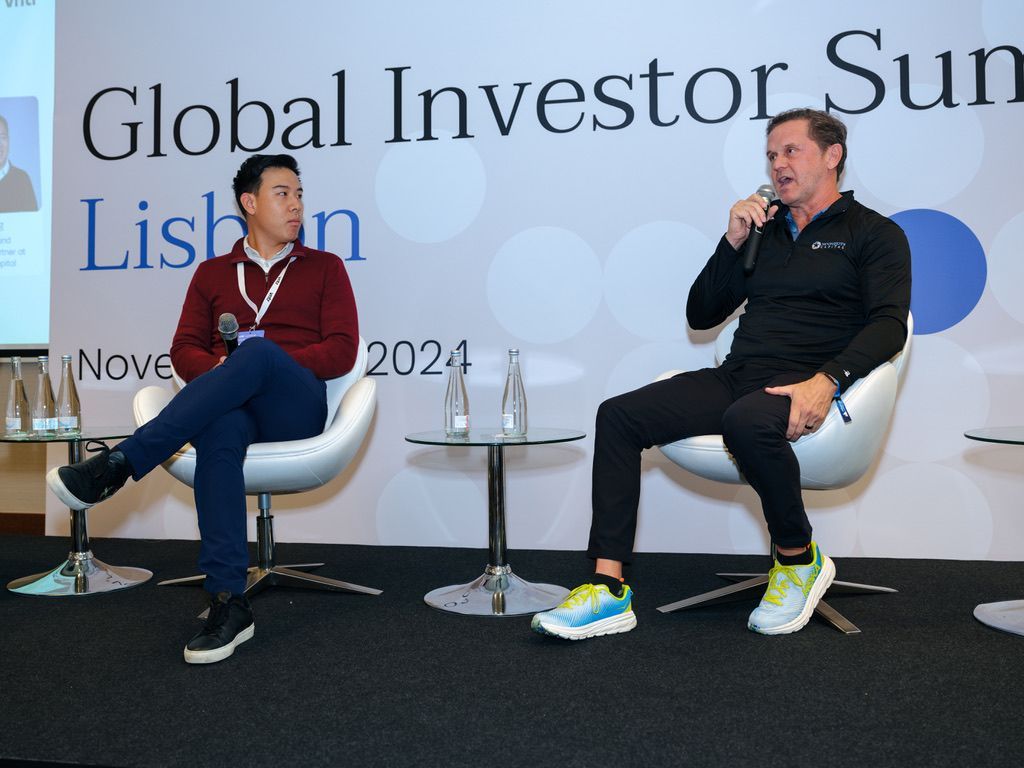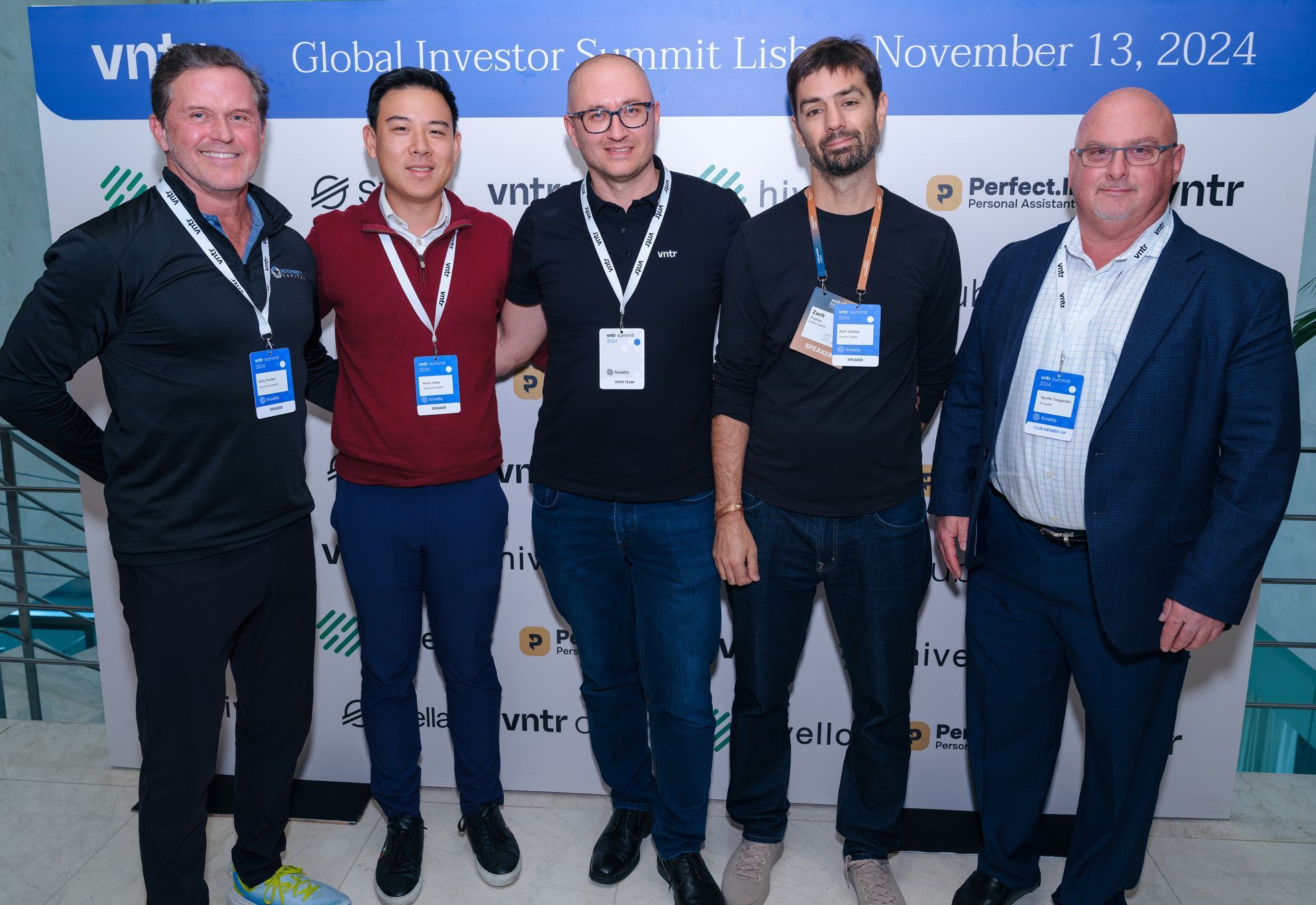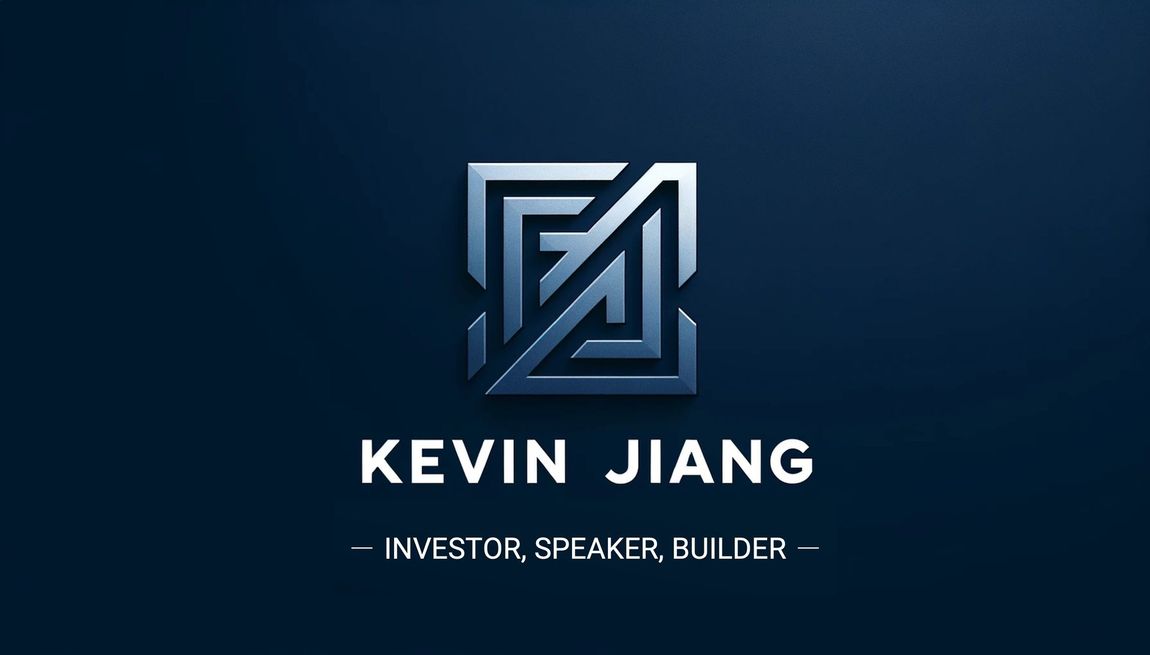
Follow. Share. Learn.

B I O G R A P H Y
Kevin Jiang is the Co-Founder and Managing Partner at
Mangusta Capital, a venture capital firm investing in Consumer and Vertical AI businesses shaping the future.
Prior to starting Mangusta Capital, Kevin was part of the founding investment team at
Softbank Vision Fund, leading the coverage of Software and Logistics growth equity investments in North America. Over a decade at Softbank, Kevin led the firm’s investments across marquee deals including
Flexport,
Shipbob, and
Wiz among others, generating significant returns for investors and serving on boards to advise both strategic and financial decisions for portfolio companies including M&A and IPO considerations.
Kevin has been investing for the span of his career across asset classes, bringing a uniquely disciplined financial and operational lens to venture capital investing. He was previously part of the Private Equity team at Apollo Global Management and Public Markets team at Soros Fund Management covering Technology, Media and Telecom. Kevin started his career at Goldman Sachs in the Investment Banking Division and holds an A.B. in Economics from Harvard.
A child of first-generation Chinese immigrants, Kevin is a
Silicon Valley native who grew up in
Cupertino, California. He is an avid Tennis player, amateur golfer, and enjoys reading biographies when stuck on a plane sourcing his next unicorn deal.
M A N I F E S T O
“A Full Meal Makes a Slow Mongoose”
Rikki-tikki-tavi, from The Jungle Books
The mongoose has always resonated deeply with me. It’s not the biggest, the strongest, or the loudest, but it embodies something much more powerful: resilience, courage, and an unshakable belief in its ability to overcome any threat, no matter how outsized. That’s the spirit I carry in my own journey, and it’s what I seek in the founders I choose to back.
In Rudyard Kipling’s The Jungle Books, Rikki-tikki-tavi—the brave mongoose—didn’t conquer cobras because of his size or strength. He triumphed because of his relentless focus, sharp instincts, and the courage to stand his ground, even when the odds seemed impossible. Founders are no different. The ones who inspire me most aren’t afraid to step into the ring, knowing full well the battle ahead. They aren’t just dreamers—they’re fighters.
Great Founders Aren’t Born—They’re Forged
Great founders don’t come fully formed. They aren’t perfect. They aren’t invincible. What sets them apart is their refusal to quit. They show up every day, in the face of doubt and adversity, and push forward.
The best founders I’ve worked with share three key traits:
- Unshakable Ownership: They take responsibility for everything—every setback, every opportunity, every inch of progress. Nothing is beneath them, because they know that success depends on their willingness to do whatever it takes.
- An Insatiable Hunger: They have something to prove—not just to the world, but to themselves. Whether it’s a chip on their shoulder or a fire in their heart, they’re driven by stakes so personal that failure simply isn’t an option.
- Courage to Lead Through the Unknown: Founders are often alone in their vision, forging ahead while others doubt or hesitate. It takes immense courage to chart a path where none exists, and even more to rally others to follow you into uncertainty.
For me, this is deeply personal. My parents came to the U.S. with nothing but $200 and a dream of a better life. I watched them build something extraordinary out of nothing—not because it was easy, but because they refused to give up. They taught me that grit and perseverance can move mountains, and that belief has guided me every step of the way.
It’s why I worked through high school to support my family. It’s why I pushed myself at Harvard and beyond, through some of the most competitive environments in the world—SoftBank, Apollo, and Goldman Sachs. I learned that success isn’t about brilliance or luck—it’s about showing up, staying hungry, and refusing to quit.
As Steve Jobs once said: “About half of what separates successful entrepreneurs from the non-successful ones is pure perseverance. It is so hard. You pour so much of your life into this thing.”
The Underdog Advantage
I’ve always believed in the power of the underdog. There’s something magical about people who start with nothing but a dream, a fire in their belly, and the courage to take on giants.
Some of the greatest success stories were born out of adversity. Larry Ellison once said, “I had all the disadvantages necessary for success.” Jan Koum, who co-founded WhatsApp, grew up in near-poverty after immigrating to the U.S. He taught himself to code and went on to build one of the most transformative platforms of our time.
These stories aren’t about privilege or perfection—they’re about grit. And I see that same grit in the founders I work with. They remind me of Rikki-tikki-tavi: scrappy, fearless, and relentless in their pursuit of something bigger than themselves.
I know that fire because I’ve lived it. Growing up as the son of first-generation immigrants, I saw firsthand what it means to fight for something better. That “chip on the shoulder” isn’t just a motivator—it’s fuel.
Turning Vision into Legacy
Building a company isn’t just about creating a product or scaling revenue—it’s about rewriting the rules. It’s about turning an impossible vision into reality and leaving a legacy that outlives you.
But it’s not easy. Founders face relentless challenges: doubt from others, setbacks, and the unglamorous grind of building something from nothing. Yet, for those who persist, the rewards are extraordinary—not just in success, but in the impact they create.
As Ernest Hemingway wrote: “The world breaks everyone, and afterward, many are strong at the broken places.”
The strongest founders I know aren’t the ones who’ve avoided failure—they’re the ones who’ve risen stronger from it.
My Promise
To every founder who’s willing to step into the arena: I see you. I believe in you. And I’m here to fight alongside you.
Your journey will test you in ways you can’t yet imagine. But if you stay relentless—if you refuse to quit—your vision can change the world.
I’m here for the dreamers, the builders, and the scrappy underdogs who refuse to back down. Together, we can take bold visions and turn them into extraordinary realities.
Let’s make history.
B L O G
List of Services
-
Vertical AI (Past, Present, & Future)List Item 1
Examine AI's shift from general-purpose models to domain-specific applications for industry-specific innovation
-
Tailwinds for Healthcare Vertical AIList Item 2
Vertical AI transforms healthcare with personalized treatments, predictive analytics, and improved diagnostics
-
LLMs: Training vs. InferenceList Item 3
Understanding the difference between AI LLMs which require costly training (supercomputers, GPUs) and inference (compute power), with decreasing costs.



